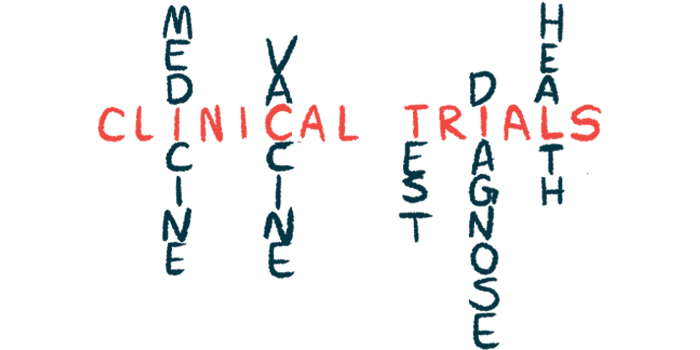Centogene, Premier Research Team Up to Boost Trial Enrollments
Effort will leverage data from Centogene's biodatabank, which holds rare disease patient information
Written by |

Centogene and Premier Research are teaming up to promote patient identification and enrollment in rare disease clinical trials, with the ultimate goal to increase the chances the trials will succeed.
The effort aims to accelerate treatment solutions for the 350 million rare disease patients around the world, including those with aromatic L-amino acid decarboxylase (AADC) deficiency.
To improve patient identification, stratification, recruitment, and enrollment in rare disease trials, the collaboration will leverage data in Centogene’s biodatabank, which contains laboratory information from thousands of rare disease patients worldwide.
“Our foremost priority is getting lifesaving treatments safely in the hands of patients,” said Angi Robinson, senior vice president of project delivery at Premier Research, in a company press release. “Together, we will explore ways to more rapidly engage the right patients and customize clinical delivery to meet the unique needs of sponsors in rare disease clinical research.”
Overcoming barriers to rare disease clinical trials, treatments
Of the approximately known 7,000 rare diseases, about 95% don’t have an approved treatment, according to Premier. For AADC deficiency, PTC Therapeutics’ gene therapy Upstaza is the only approved disease-modifying treatment in the European Union and the U.K. None are approved in the U.S.
There are a number of barriers to conducting the clinical trials needed for therapy approvals for rare diseases. With small patient numbers and diagnostic difficulties, enrolling enough trial participants to obtain meaningful data can be difficult.
Premier, a clinical research consulting company, has supported more than 240 rare disease studies in the last five years, with investments in ways to address the “complexities of rare disease research,” the company said.
Centogene has a network of certified laboratories that conduct molecular testing for rare diseases, including genetic, protein, and metabolic analyses, among others. This family of laboratory tools is sometimes referred to as omics technology. The company works with about 30,000 doctors worldwide.
De-identified data from these tests are housed in Centogene’s biodatabank, which contains information from nearly 700,000 patients in more than 120 countries. More than 70% of these patients are of non-European descent.
These data can be used to inform new solutions for diagnosing and treating rare diseases, and help in the design and recruitment of clinical trials.
“At Centogene, we are committed to delivering data-driven, life-changing answers to accelerate and de-risk drug discovery, development, and commercialization,” said Kim Stratton, Centogene’s CEO. “Precision, advanced analysis, and access is where our Biodatabank makes a qualitative difference.”
Centogene previously partnered with PTC Therapeutics to develop a diagnostic program for AADC deficiency that would incorporate biomarker and genetic testing. The companies later expanded that partnership to make the testing program more widely available and free of cost.
The test is based on measuring, from a dried blood spot sample, levels of 3-O-methyldopa (3-OMD), a molecule that accumulates to abnormally high levels in the blood in AADC deficiency. Additional testing, including genetic testing, can then be performed on those with unusually high 3-OMD levels.
A goal of that collaboration was to acquire more information from AADC patients to help speed up diagnoses and treatments.
Last year, Centogene also launched CentoCloud, a cloud-based platform that uses information from the biodatabank to provide bioinformatic analyses of patients’ genetic data, helping doctors with diagnostic accuracy for rare diseases.
The new collaboration with Premier aims to “provide pharma partners with yet another model to work with us,” Stratton said. “By collaborating with partners to leverage our insights, omics technologies, and deep rare disease expertise, we are shifting the paradigm to transform data into life-saving therapeutics for patients around the world.”






